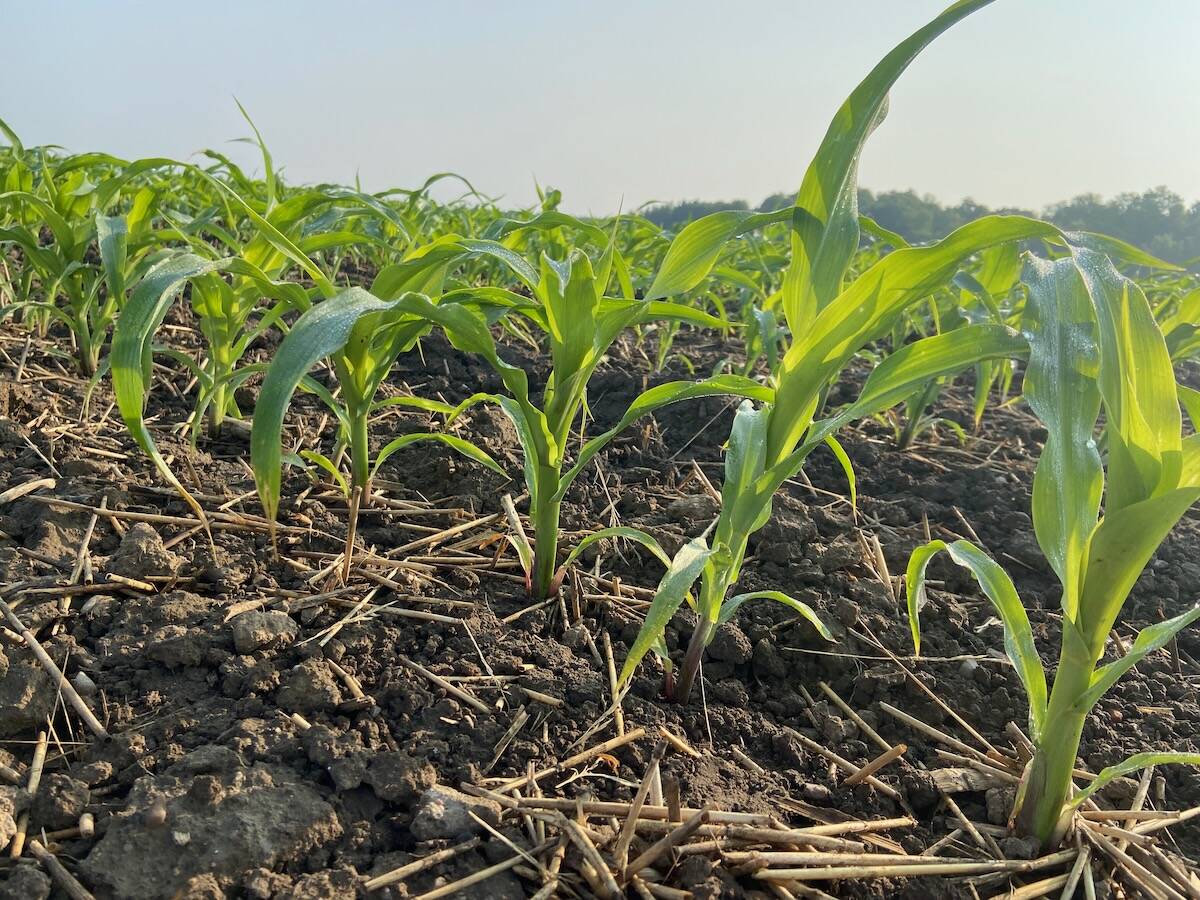Biofuels have become increasingly important for traditional North American crops over the years, but at the end of the day, agricultural markets remain primarily about food. What do people eat, and how much are they willing to pay for that food?
There are many factors behind individual dietary choices, but larger societal trends ebb and flow. What was once deemed healthy and appetizing is moved to the back of the shelves to be replaced by something new. Twenty years ago, quinoa was largely unknown and confined to small health food stores — now you can buy it in a huge bag at Costco, as just one example.
Governments have long attempted to influence what people eat. Canada’s first food guide was first introduced in 1942 as a wartime effort to improve nutrition and has had numerous updates over the years. The latest iteration was released in 2019, with the elimination of the dairy category a notable change from prior guidelines.
Read Also

Tie vote derails canola tariff compensation resolution at MCGA
Manitoba Canola Growers Association members were split on whether to push Ottawa for compensation for losses due to Chinese tariffs.
Currently, food is a hot topic in the United States. Newly installed Secretary for Health and Human Services Robert F. Kennedy Jr. has made it his mission to Make America Healthy Again (MAHA). President Donald Trump has also weighed in. A recent social media post claimed Coca-Cola would stop using high fructose corn syrup in favour of cane sugar in its drinks is sending some shockwaves through the corn market.
Trade and tariffs will likely remain the key political drivers for grain and oilseed markets, but Kennedy’s efforts should also be followed closely.
Seed oil
Kennedy has long railed against seed oils, which include canola oil and soybean oil, commenting in an October 2024 interview on Fox & Friends that “seed oils are one of the most unhealthy ingredients that we have in foods and the reason they’re in the foods is that they’re heavily subsidized.”
Part of Kennedy’s MAHA strategy is to convince Americans to cook foods in animal fats like beef tallow rather than seed oils.
McDonald’s stopped cooking their fries in beef tallow decades ago due to health concerns over saturated fats at the time. Is the latest push from a new U.S. administration, headed by a noted McDonald’s aficionado, enough to cause a significant shift in seed oil consumption habits that they’d be seen at the farm level? It’s still the early stages, but the conversation is shifting.
In mid-July, PepsiCo said it was expanding use of avocado and olive oil across its brands, like Lays potato chips, rather than the canola or soybean oil it typically uses.
High fructose corn syrup
PepsiCo also said it was doing away with artificial flavours and colours in its Lay’s and Tostitos brands — something very much in line with Kennedy’s agenda. More pressing for grain markets, the company said it would move away from sweetening its drinks with high-fructose corn syrup in favour of cane sugar if consumers demanded it.
The PepsiCo statement came a day after Trump sparked concerns about demand for corn by saying that Coca-Cola had agreed to using cane sugar in its U.S. beverages. Both Pepsi and Coke use high-fructose corn syrup for their sodas, which is generally more cost-effective.
Around 400 million bushels (10.16 million tonnes) of corn is used annually to make corn syrup for drinks and other food products, representing around 2.5 per cent of U.S. corn production, according to U.S. government data.
Corn is king down in the U.S. red states, so it will be interesting how this push to cane sugar plays out.
A step removed from the grains and oilseed, but Kennedy also has expressed opinions on vaccines, raw milk, junk food and how to deal with bird flu — among other things that could influence food and agriculture policies.
Making healthy choices is always a worthy endeavour. However, the MAHA agenda has the potential to result in unintended consequences for agriculture. Will canola oil demand slip? Will 10 million tonnes of corn need to find a new home? Will beef demand rise? Is lard a healthy fat now? Time will tell.















